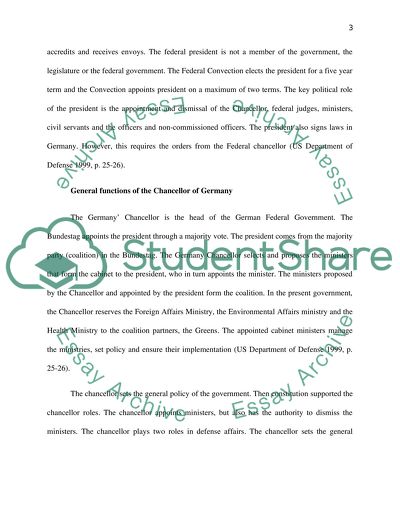Cite this document
(“What are the key functions of the German Chancellor Essay - 1”, n.d.)
Retrieved from https://studentshare.org/history/1621352-what-are-the-key-functions-of-the-german-chancellor
Retrieved from https://studentshare.org/history/1621352-what-are-the-key-functions-of-the-german-chancellor
(What Are the Key Functions of the German Chancellor Essay - 1)
https://studentshare.org/history/1621352-what-are-the-key-functions-of-the-german-chancellor.
https://studentshare.org/history/1621352-what-are-the-key-functions-of-the-german-chancellor.
“What Are the Key Functions of the German Chancellor Essay - 1”, n.d. https://studentshare.org/history/1621352-what-are-the-key-functions-of-the-german-chancellor.


